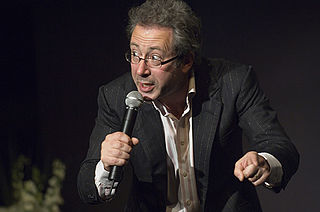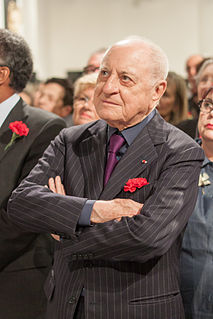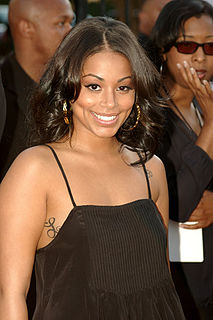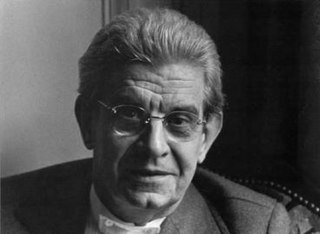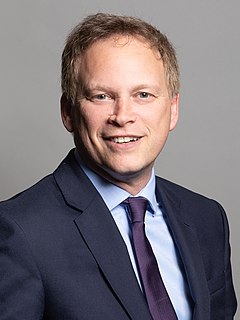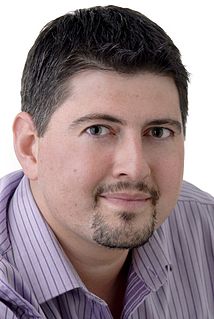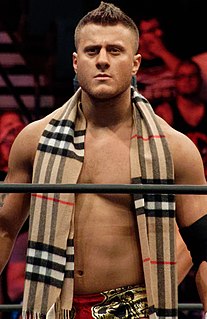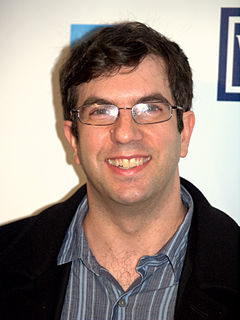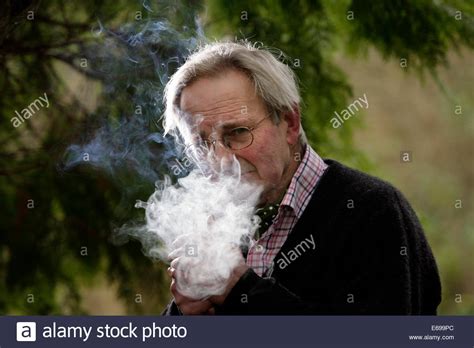A Quote by Francisco Goldman
I identify myself as what I am. I'm half Jewish, like Proust. I have no other way to put it.
Related Quotes
I love Marcel Proust, but I leave him to his nostalgia. I don't approach art the way most people do. I don't get into Proust by imagining that I am Charlus or whoever. It's the same thing in painting - I try to look at it objectively. There's no pathos in that. It's like Bach's "Goldberg Variations." They have to be approached with a scalpel.
Being hapa, or more specifically, half-Japanese half-Euro mutt (English, Irish, Scottish, Dutch, French, Welsh, German. . .in case you were wondering), has definitely helped shape who I am. It's very cool to get to identify and learn about all these unique cultures and I think it's helped put the world in perspective.
I wonder if I don't give too much of myself to writing: I am always half where I am; the other half is feeding the furnace, kick-starting the heat of creativity. I am making love with someone but at the same time I'm noticing how this graceful hand across my belly might just fit in with the memory of lilacs in Albuquerque in 1974.
I identify myself in language, but only by losing myself in it like an object. What is realised in my history is not the past definite of what was, since it is no more, or even the present perfect of what has been in what I am, but the future anterior of what I shall have been for what I am in the process of becoming.
I'm lucky because I have so many clashing cultural, racial things going on: black, Jewish, Irish, Portuguese, Cherokee. I can float and be part of any community I want. The thing is, I do identify with being black, and if people don't identify me that way that's their issue. I’m happy to challenge people's understanding of what it looks like to be biracial, because guess what? In the next 50 years, people will start looking more and more like me.
It is one of the many merits of this admirable biography of Proust's mother that it invites one to return to the novel with perhaps a fuller understanding of Proust's heredity, hinterland, and upbringing. . . . This fascinating book is full of interesting social and cultural observation, of information about French Jewish life, the position of Jews in society and, of course, the Dreyfus case. But it is essentially a study of one of the most remarkable and fruitful of mother-son relationships. As such it is a book that every Proustian will want to read.

